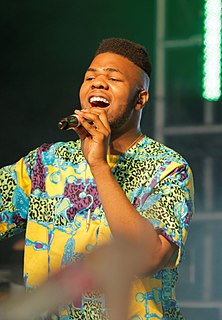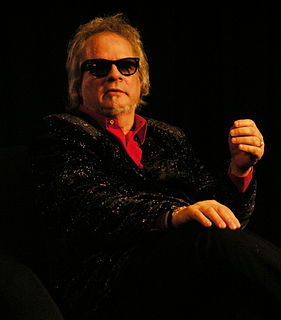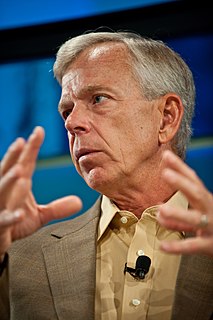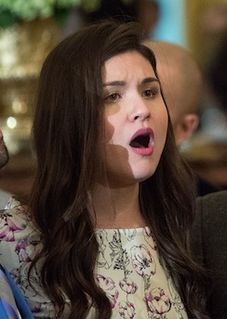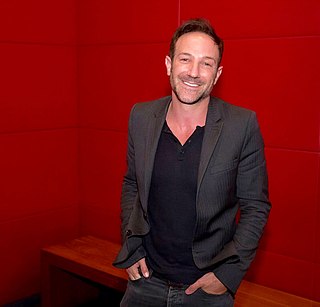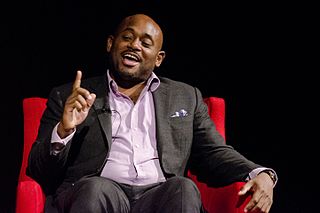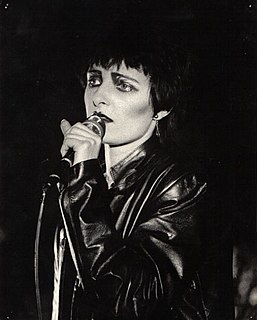A Quote by Terry Gross
I think there's always an expectation when you're a first generation, especially a first-generation Nigerian, of sort of being a doctor or a lawyer or an engineer. And so, you know, sort of my initial pursuits into the arts and that I was going to pursue film as a career didn't confuse them, but it was definitely something that they were scared about.
Related Quotes
I'm from Nigerian descent, and the classic Nigerian mentality is 'Stay in school! You're going to be a doctor, you're going to be a lawyer.' That is what it is. Thankfully my parents knew my situation was different because I definitely didn't want to be a doctor, I definitely didn't want to be a lawyer.
Today's children are living a childhood of firsts. They are the first daycare generation; the first truly multicultural generation; the first generation to grow up in the electronic bubble, the environment defined by computers and new forms of television; the first post-sexual revolution generation; the first generation for which nature is more abstraction than reality; the first generation to grow up in new kinds of dispersed, deconcentrated cities, not quite urban, rural, or suburban.
I'm first generation American, and my parents were both from Nigeria. And so I always say that I'm literally an African American. So my last name is Famuyiwa, it's different. And so that was a part of my experience from people not being able to pronounce it to not sort of having sort of a shared, common history with a lot of the kids that I was growing up with because my parents were from Africa.
If you look at the first generation of wireless, it really lasted about 15 years before we went to the second generation. When we implemented the fourth generation, which allowed us to do all the smartphones and the videos, the time between that and going to the fifth generation is going to be four years.
It’s a sort of furtiveness … Like we were a generation of furtive. You know, with an inner knowledge there’s no use flaunting on that level, the level of the ‘public’, a kind of beatness – I mean, being right down to it, to ourselves, because we all really know where we are – and a weariness with all the forms, all the conventions of the world … It’s something like that. So I guess you might say we’re a beat generation.
My generation those who were students in the late 60s was always, in the words of the Who, talking about our generation. That's what we thought of ourselves, as the most important thing since sliced bread. And the "we" that we meant was really the Western Europeans and American generation. And as I think back I suppose I have a sense of guilt on behalf of my generation, a sense that we were terribly provincial and didn't understand the really important stuff that was going on in Eastern Europe.
Probably my first memory of theatre, the first one I guess that had an impact on me was when I saw my very first panto with my Primary School. I think just going there and experience that for the first time, being so young, it's something that's actually stuck with me right up until now. And to think back and to sort of remember that magic and that first little hint of it was brilliant.
When you're first-generation money, you want to say, "I got a Mercedes and a Rolls and a Lamborghini. Take a look." When you're second-generation money, you're very quiet behind your country club doors. I think that's why people are much more aware. It's the first-generation wives that have the huge rings and the second-generation says, "Everyone be quiet as we get on our yacht or our private plane."

